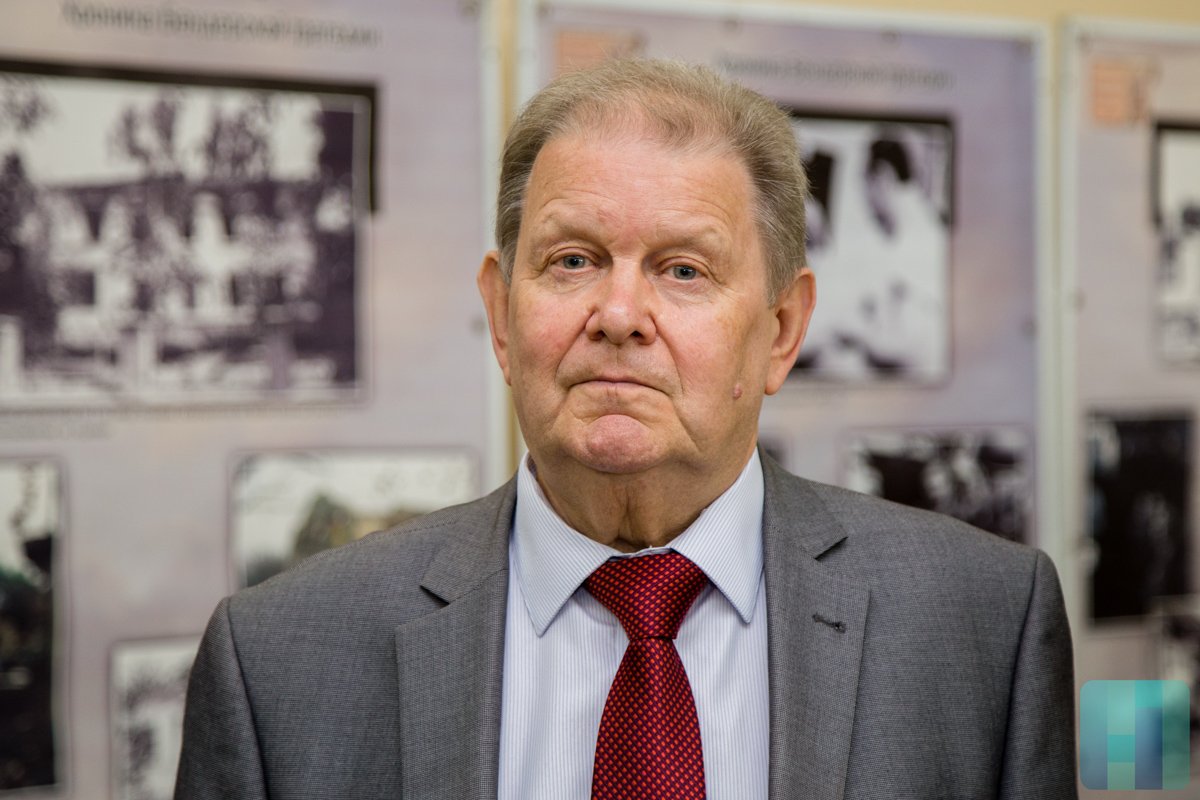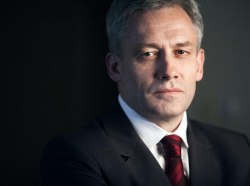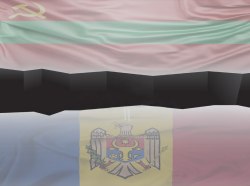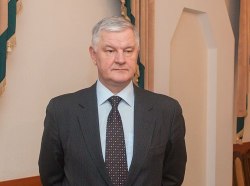Tiraspol, 21 December. /Novosti Pridnestrovya/. The replacement of seven government members in Moldova has far-reaching consequences. And although it is officially stated that new members will form the basis of a technocratic government, in reality, all these ministerial appointments are purely political and aim to strengthen Moldova's pro-European vector, the head of the Department of Political Science and Public Administration of Pridnestrovian State University (PSU) Ilya Galinsky said.
"It is evident that in this way the leadership of the Democratic Party consolidates the pro-EU and pro-US government bloc. And the appointment of Cristina Lesnic from the pro-EU team to the important post of reintegration prime minister, who will build a policy towards Pridnestrovie, confirms this fact," underscored Galinsky.
The professor also noted that the current personnel "revolution" in the government had occurred immediately upon the return of the Dem leader from the USA.
"He is likely to have received full political support for de jure full seizure of power, 'victory' at the November parliamentary election using all possible hidden and open mechanisms, the final political alienation from Russia and the tightening of confrontation with Pridnestrovie," believes Galinsky.
The support of Western partners is very important for the leaders of the Democrats. In November 2018, Moldova will elect a new parliament, which will determine the vector of the country's development in the coming years. The result of the election will influence in many respects further relations between Kishinev and Tiraspol.
According to Galinsky, Pridnestrovie should expect another political onslaught by Moldova on the whole spectrum of the Moldo-Pridnestrovian settlement and insistence on its own, governmental, scenario of conflict resolution.
"The parties have the diametrically opposite goals of the Moldo-Pridnestrovian settlement. Therefore, whatever the Moldovan politicians may say, their goal is to subjugate Pridnestrovie and reintegrate it into Moldova. We shouldn't relax and revel against the backdrop of five agreements signed by our countries. Besides, signing them does not mean their fulfilment. Let's recall the agreements signed by Vladimir Voronin which were ignored and not implemented," noted the professor.
Galinsky notes that judging by the latest steps of the Moldovan political leadership, the practice of initiating various proc=vocations against Russia and Pridnestrovie will continue. Their aim is to find a reason for blocking the Pridnestrovian territory, imposing bans on Russian citizens to visit Moldova and in the long run cancelling air and railway communication with Russia, thus using Ukraine's experience.
"It is reasonable to expect the defrosting of the conflict. In other words, the prospects of the Moldo-Pridnestrovian settlement do not bode any good for Pridnestrovie. Most likely, the next 2018 year will become a new test of strength for Pridnestrovian society," says Galinsky.
And in these circumstances, Pridnestrovians as never before need social and political integrity to protect Pridnestrovie's national idea — a course towards recognition.
Russia as a guarantor of the Moldo-Peridnestrovian settlement should also take certain measures to defend its compatriots and citizens, the professor believes. Moreover, Moscow has enough leverage to do so.








